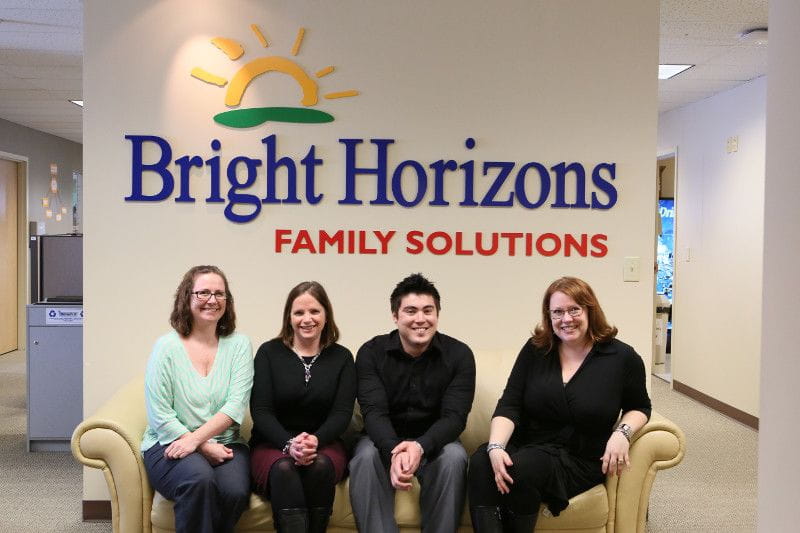Our March HR news roundup highlights returnships, remote worker policies, work fears across three generations, and more. Take a look!
Broaden Your Talent Pool with "Returnships"
When it comes to hiring, it can be hard to find diverse employees who also have the amount of experience the role needs. And according to a
recent SHRM article, for BP, this was exactly the case. To face that challenge, the global oil and gas producer instituted "returnships." Also known as re-entry internships, these positions are giving experienced professionals the chance to return to the workforce after taking time off...and they're giving employers like BP a new, more diverse talent pool.
Are Your Employees Having Mid-Career Crises?
Did you know job satisfaction for many employees hits an all-time low mid-career? When employees don't see a future with their companies and haven't gotten development plans from their employers, this can lead to poor retention. And according to a
recent Harvard Business Review article, "Losing the institutional knowledge, honed skill sets, and employee trust and cooperation that have been accrued by mid-career employees is costly to the tune of 213% of an employee's salary in one year, in some cases." How can you combat this? The author says: give employees opportunities to shift laterally to other areas of interest; encourage them to do volunteer work that supports your mission; give them mentorship opportunities; and allow them to relocate or work remotely.
Do You Have a Remote Worker Policy?
Did you know that
one-third of employees will work remotely in 10 years? A recent Upwork report found that almost two-thirds of companies already have employees who do so...but fewer than half have a remote worker policy. Are you part of that statistic? If so, there are five things to consider when creating your own policy:
child care (employees should have regular child care telecommuting isn't a way to save on daycare costs); flexibility (establish expected work hours); equipment (figure out whether the company will provide things like phones, extra monitors, and the like, or if employees are responsible for purchasing their own); space and location (establish where your employees are permitted to work); and arrangements (create a clear-cut approval process).
Work Fears Across Generations
Your workforce is likely made up of employees from different generations, including Baby Boomers, Gen Xers, and Millennials. And
according to a recent Forbes article, people from each of these generations have fears related to work that hinder their productivity...and lessen career satisfaction. Boomers are worried about being replaced by younger employees and new ways of doing things; Gen Xers fear not being prepared to lead and the turnover of their Millennial employees; and Millennials are worried about failing, not having a voice, and misunderstanding older colleagues' perspectives. How to address it all? "We need to take a cross-generational approach," wrote the author, "a multigenerational one that proves we have the flexibility to shift as warranted to new perspectives and strategies."
Understanding Generation Z
Millennials are rising in the ranks at work...and in order to be successful leaders, they need to know what drives the generation below them. In a
recent Forbes article, Michael Litt, CEO of Vidyard and a Millennial himself, noted that there are a few things that differentiate Gen Z employees...and corresponding things you can do to address their needs. "I was surprised to learn that many of my Gen Z hires see email as an archaic form of communication used only for handing in school assignments if that," he said. They much prefer to communicate via anything instant...and mobile. They love video. And they want to advance, but they may not understand the process. How can you address and meet their needs? Set expectations on how to use email at work...but explore other communication methods, too; take advantage of their presentation skills; and have respectful conversations with them about how they can work their way up. And don't forget to give them a peek into the bigger picture!






